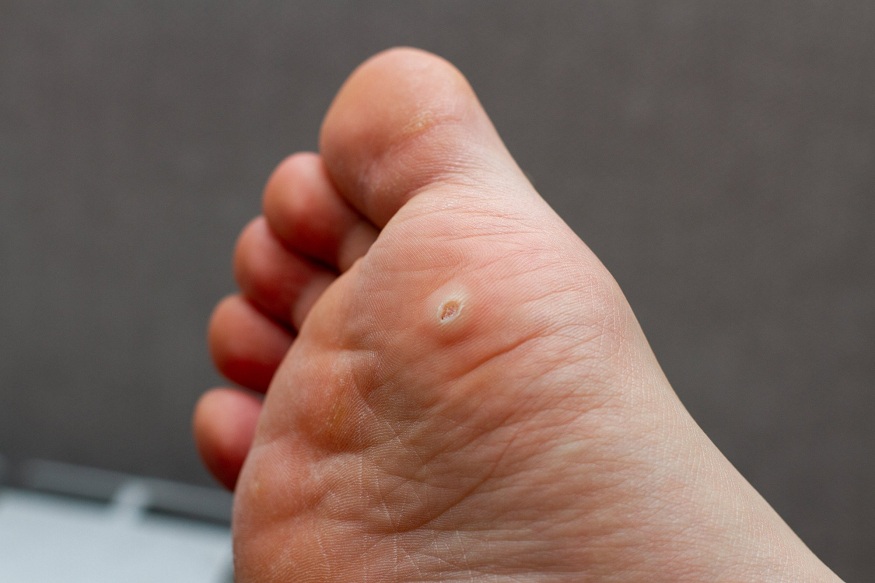Plantar warts can be tricky. They cause discomfort and affect daily activities. Many people confuse them with other foot issues, especially when dealing with heel pain new york residents often experience. Understanding plantar warts helps manage them better. These growths appear on the soles of the feet and thrive in moist environments.
What Are Plantar Warts?
Plantar warts are small, grainy growths that usually show on the heels or balls of the feet. These warts are caused by the human papillomavirus (HPV). The virus enters through tiny cuts or weak spots on the bottom of the feet, making the skin rough and thick. Unlike other warts, plantar warts can cause pain when walking or standing.
Identifying Plantar Warts
Recognizing plantar warts early is key. Here are common signs:
- Hard, grainy skin growth on the foot
- Black pinpoints, which are tiny clotted blood vessels
- Pain or tenderness when walking or standing
Comparing plantar warts to other foot conditions like corns can be helpful. Corns do not have black pinpoints and are usually found in areas of pressure.
Prevention Tips
Prevention is always better than cure. To reduce the risk of plantar warts:
- Keep feet clean and dry
- Avoid walking barefoot in public areas
- Change socks daily
Home Remedies and Treatments
Many people start with home remedies. Salicylic acid patches are common. They help remove layers of the wart over time. For those seeking professional help, podiatrists offer several treatments:
| Treatment | Description |
| Salicylic Acid | Keratolytic treatment that peels off the wart |
| Cryotherapy | Freezing treatment to destroy wart tissue |
| Laser Therapy | Uses laser light to burn away affected tissue |
When to See a Podiatrist
If home treatments do not work or if the wart is painful, seeing a podiatrist is best. Podiatrists can offer stronger treatments and advice. They also ensure that the growth is a wart and not another condition. According to the Centers for Disease Control and Prevention, professional intervention ensures proper care and treatment.
Living with Plantar Warts
Living with plantar warts requires patience. Using cushioned pads can make walking less painful. Regularly monitoring the warts and sticking to treatment plans helps in managing them. The Mayo Clinic notes that consistency in treatment is crucial for success.
Conclusion
Plantar warts can disrupt daily life, but with proper care, they become manageable. Recognizing symptoms early and starting treatment helps in quick recovery. Following prevention tips can lower the chances of getting plantar warts in the first place. When in doubt, consulting a podiatrist ensures the best approach to care and management.

